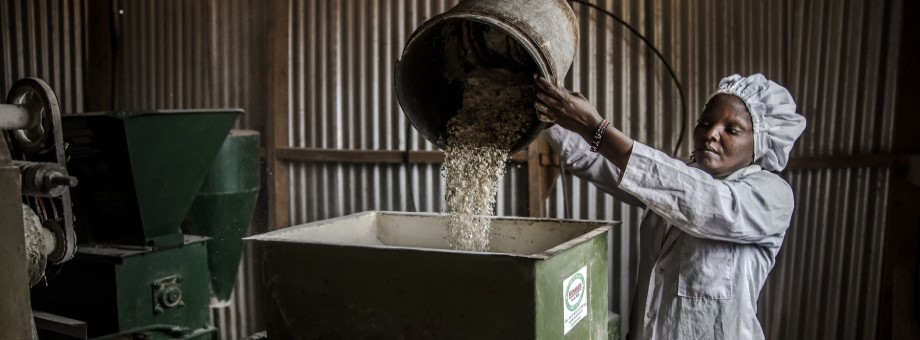Developing capacities for agricultural innovation
The role of agricultural research systems and Extension and Advisory Services (EAS) has been changing in order to shift from a research-driven process relying on technology transfer to an approach that enables and rewards innovation. In many low- and middle-income countries, weak capacity to innovate is a real obstacle to this transformation. It is essential to establish an environment where the needs and demands of resource-poor farmers and consumers are heard and their voices influence the national research and EAS agenda. FAO assists its member countries to develop their capacities for agricultural innovation.
Strengthening the agricultural innovation system
Agricultural research institutions and Extension and Advisory Services (EAS) do not operate in isolation but interact with each other and many stakeholders – such as governments, agricultural input suppliers, market intermediaries, farmer organizations and private sector entities – in what is called an ‘agricultural innovation system’ (AIS). The AIS has been formally defined as a network of actors or organizations, and individuals, together with supporting institutions and policies in the agricultural and related sectors, that brings existing or new products, processes, and forms of organization into social and economic use.
Strengthening the AIS will enable agricultural research systems and EAS to be more effective and more responsive to the needs of smallholders and family farmers. FAO supports its member countries to strengthen their AIS.

